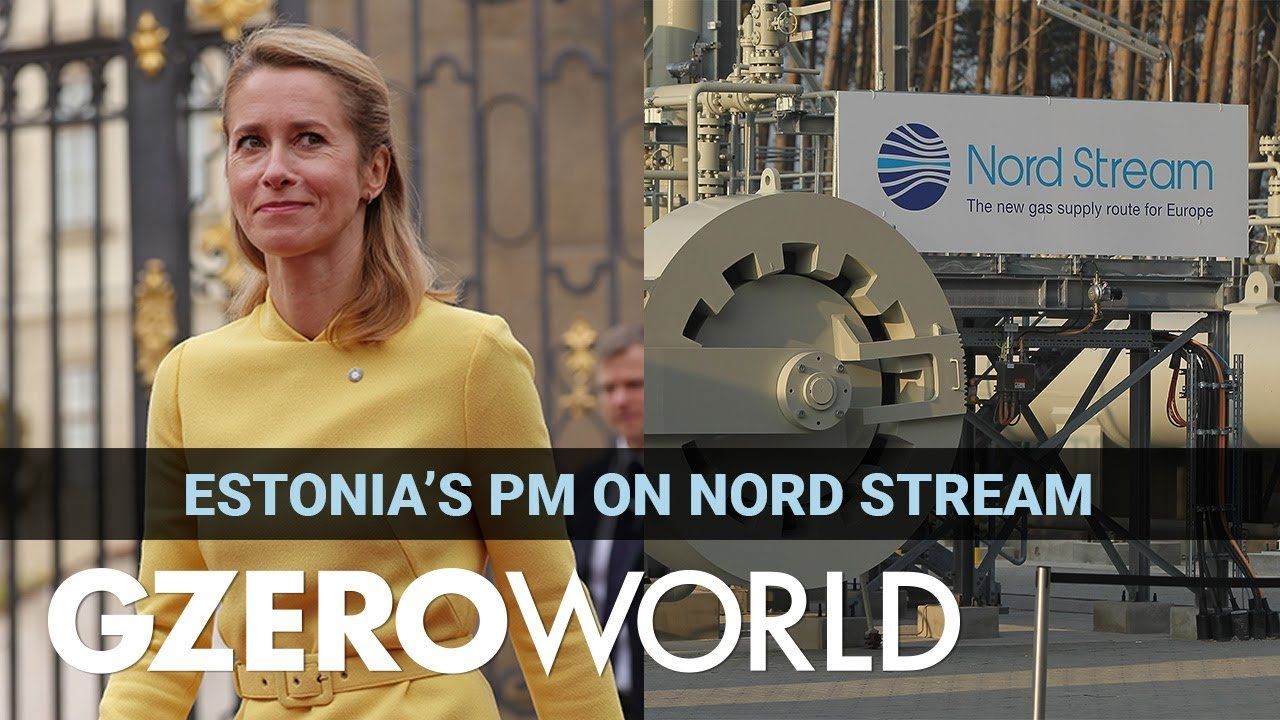GZERO World Clips
Nord Stream explosion mystery: We need proof, says Estonia's PM Kaja Kallas

Nord Stream explosion mystery: We need proof, says Estonia's PM Kaja Kallas | GZERO World

Who blew up the Nord Stream pipelines? We still don't know, and that's a pretty troubling thought given it's the single biggest attack outside of Ukraine during the war. Multiple investigations determined the September 2022 explosions of Nord Stream 1 and 2 were sabotaged, and the west immediately blamed the Russians. But months after the attack, there's still no evidence of Russian involvement and the explosions are still an international unsolved mystery.
At the Munich Security Conference, Estonian Prime Minister Kaja Kallas sat down with GZERO World and Ian Bremmer, where he asked her directly if she buys the story of Russian involvement. Kallas has an interesting theory about a possible pipeline mix-up, and says that the question of who is responsible is still an open one. Ultimately, Kallas says there must be proof if there is going to be accountability, and achieving that accountability might mean rethinking international law.
Catch Ian Bremmer's full interview with Kallas in this week's episode of "GZERO World with Ian Bremmer," airing on US public television stations nationwide. Check local listings.
As expected, the Supreme Court struck down the bulk of Donald Trump's sweeping “Liberation Day” tariffs as illegal … and almost nothing changed.
Chris, an Army veteran, started his Walmart journey over 25 years ago as an hourly associate. Today, he manages a Distribution Center and serves as a mentor, helping others navigate their own paths to success. At Walmart, associates have the opportunity to take advantage of the pathways, perks, and pay that come with the job — with or without a college degree. In fact, more than 75% of Walmart management started as hourly associates. Learn more about how over 130,000 associates were promoted into roles of greater responsibility and higher pay in FY25.
Somewhere in the Donbas region, Ukrainian soldier Artem Bondarenko says he hasn’t slept through the night in months as he defends Eastern Ukraine.
In the latest episode of Vladimir Putin and Xi Jinping's hit wellness podcast This Authoritarian Life, we learn how positive communication patterns can break negative cycles in our relationships -- especially our relationships with Iran, Syria, Venezuela, and Cuba. #PUPPETREGIME